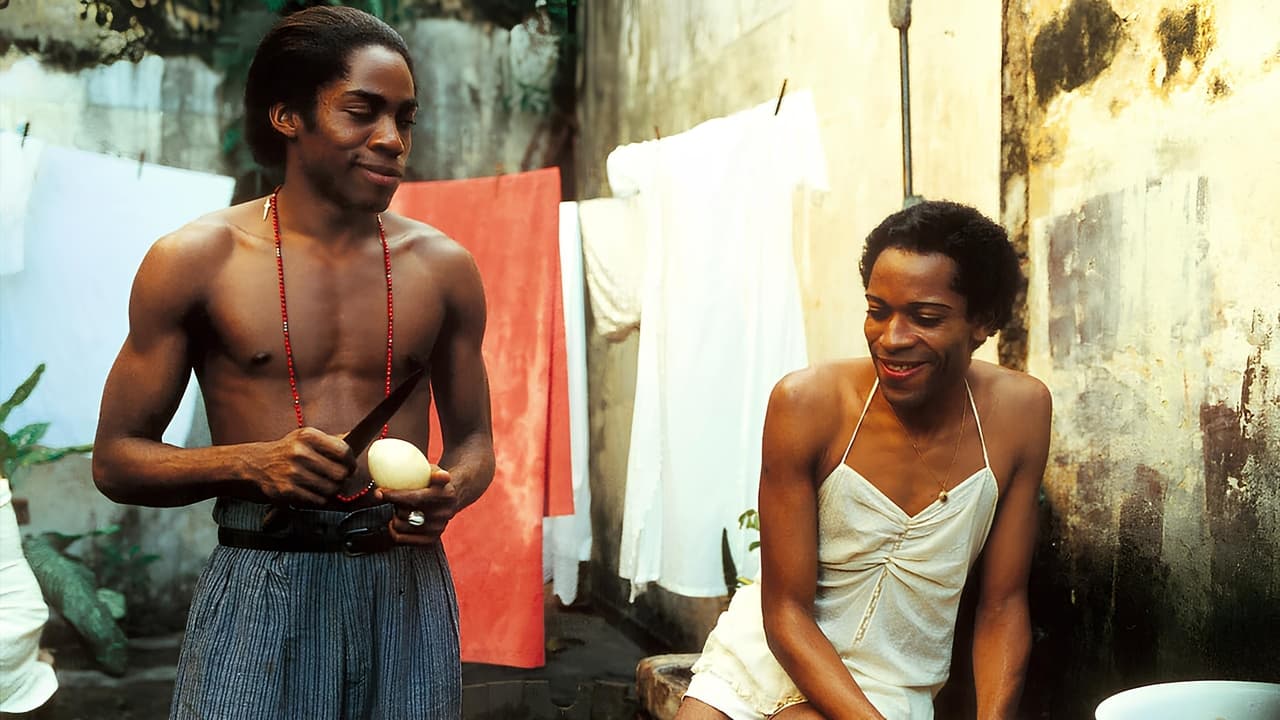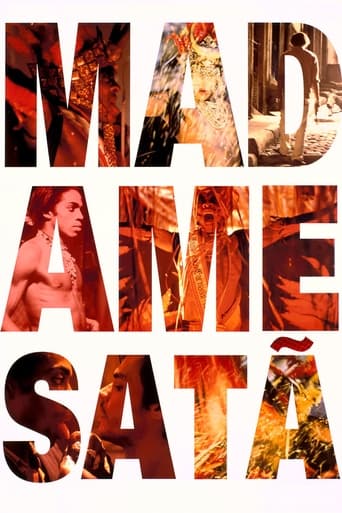

Built on subtly-nuanced performances by an outstanding cast, this film is a real cinematic gem. From the period costumes to the cinematography to the music, everything fits together. Lazaro Ramos as Joao Francisco dos Santos gives a tour de force performance especially powerful given the range of emotions necessary for the role. But all of the actors shine, under the demanding, gifted direction of Mr. Anouz. In some very long takes, for instance when Laurita tells dos Santos of the death of Rehatindho, all aspects of the craft are called into play. It cannot have been easy to maintain for such a long take.The story is inspirational in the sense that the human spirit triumphs, love fulfills, talent overcomes in even the most sordid circumstances. Whether in Berlin or Brazil, life is, most certainly, a cabaret.
... View MoreWhen I was a boy, Madame Satã was a legend in Rio de Janeiro. João Francisco dos Santos was born in the turn of the century, and was famous for being a very controversial person: homosexual, black, poor, artist, a very violent and excellent fighter and a symbol of Lapa, where he lived. This movie is the dramatization of the ten years before the creation by João Francisco dos Santos of the character Madame Satã, inspired in the 1930 Cecil B. DeMille's Madam Satan (unfortunately, this movie has not been released in Brazil and I have never had the chance to see it). 'Madame Satã' is another great example of the marvelous moment of the Brazilian Cinema. The direction is very precise, using old parts in the city of Rio de Janeiro specially in Lapa and Santa Teresa and a high level photography to recreate life in the 30's in Old Rio. The cast is fantastic, highlighting the performance of the stunning Lázaro Ramos, who is also the leader actor of the excellent and very recommended 'O Homem Que Copiava'. The story, as I previously mentioned, is limited to a short period before the raise of Madame Satã to the scenario of Rio de Janeiro and is very realistic, inclusive showing the homosexual activity of João Francisco. My vote is eight.Title (Brazil): 'Madame Satã'
... View MoreMadame Satã (2002) is more or less a biography of a Brazilian criminal, pimp, and abuser of both men and women. I think we are to understand that his actions are driven by his ambition to be a transvestite star in the Rio de Janeiro slums.I don't know if the performances we see are meant to be evidence of talent--I can't judge what a Brazilian audience would enjoy in 1932. I do know that the protagonist's behavior was consistently cruel and explosively violent.Nothing I saw in this film impressed me. It was shown at the Rochester Gay and Lesbian Film Festival. Is this the best film the committee could find about cross-dressing?
... View MoreIf you don't feel uncomfortable to watch homosexual sex scenes, it's worth to watch it. Shows Rio de Janeiro when in a hypocrite society, who just ignored social problems like poverty, color distinction and others, that still existing. Tells a story in a simple way, without using any Hollywood's cliché - and shows how and why the violence grows on shantytowns or guetos in the main brazilian cities.
... View More